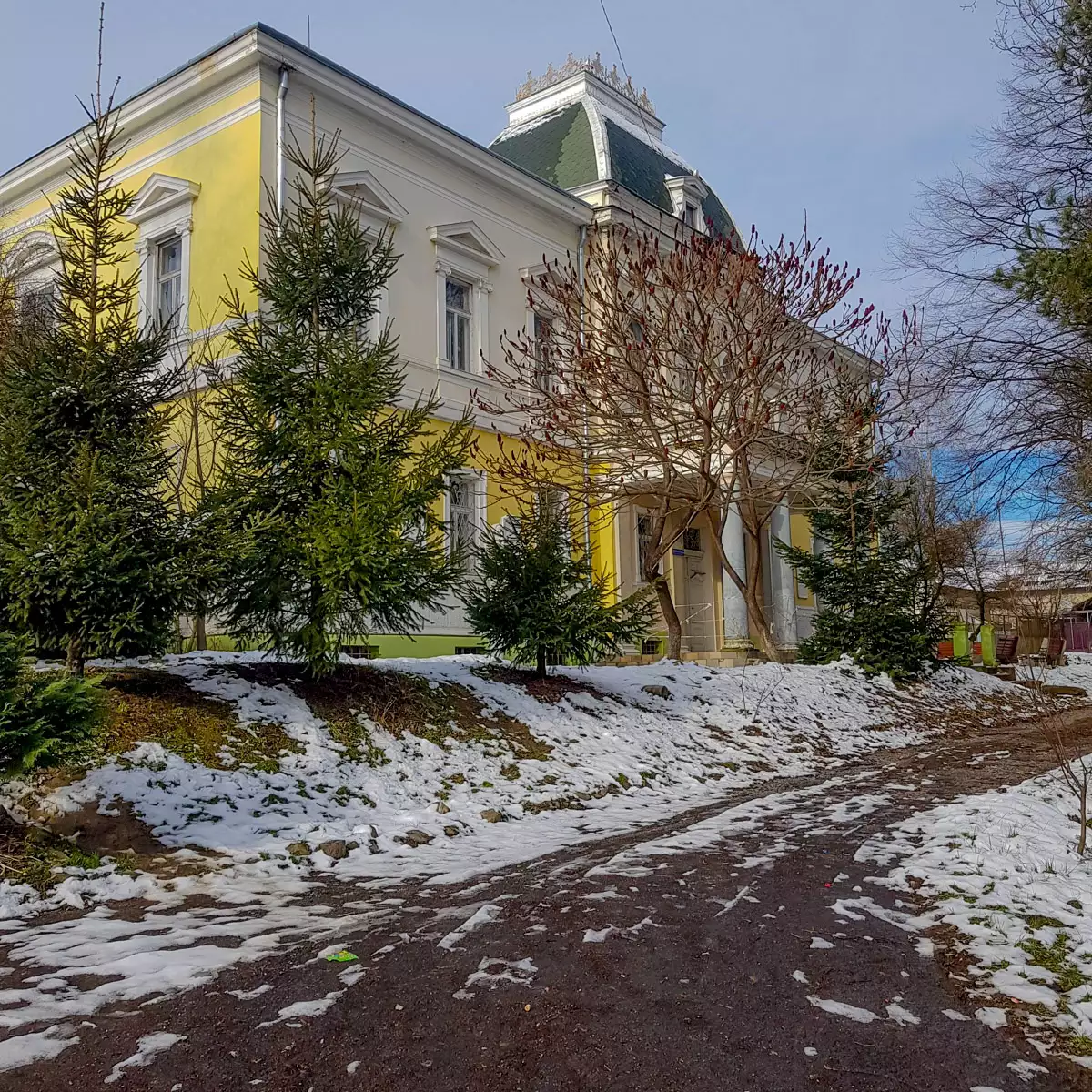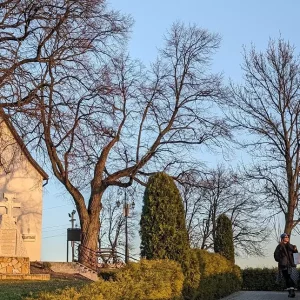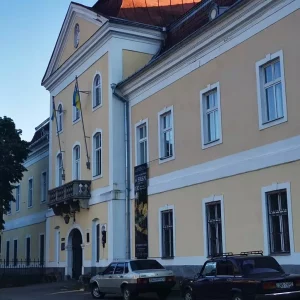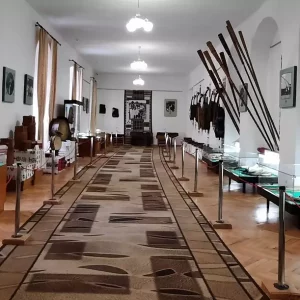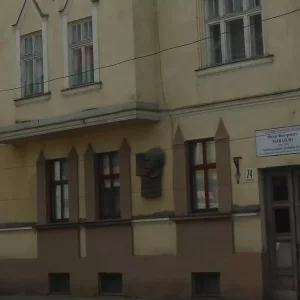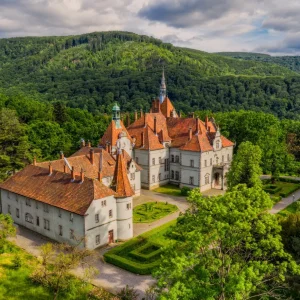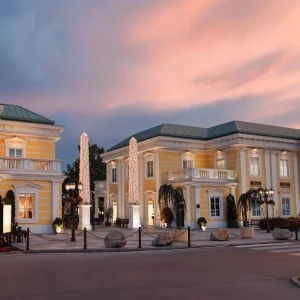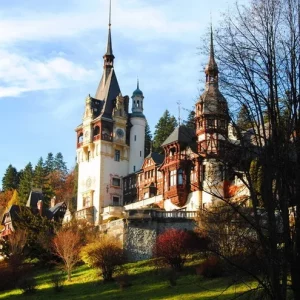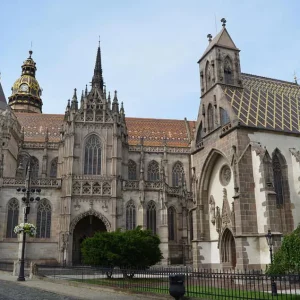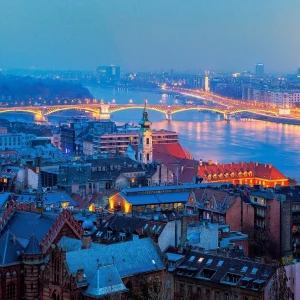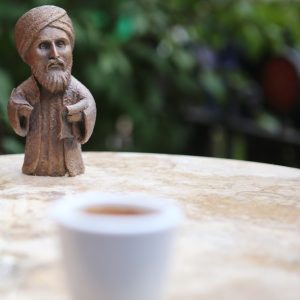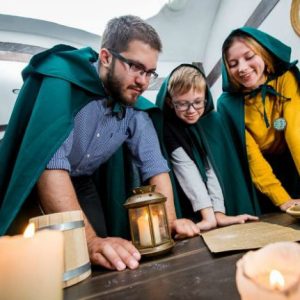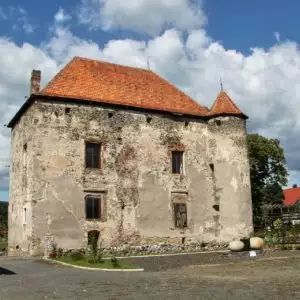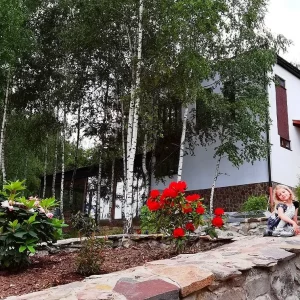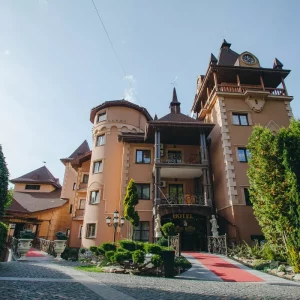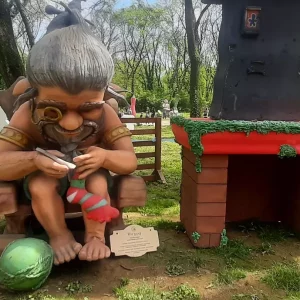The humanitarian count Nandor (Ferdinand) Ploteni (1844-1933), who was a close friend of the world-famous composers Franz Liszt and Eugene Remain, left a huge mark on the history of the small Transcarpathian village of Velyki Lazy.
Count Nandor Ploteni was one of the greatest violinists of the nineteenth century. In 1896, Ferdinand Ploteni and his large family moved to a newly built house in the village of Velyki Lazy, which is a true masterpiece of palace architecture. It was built in the neoclassical architectural style. In addition, the palace was surrounded by a beautiful English park in the heart of the village.
At different times, he was visited by Franz Liszt, Johannes Brahms and Eduard Remeni. It was Remain who taught the young count to play the violin, and they even gave concerts together across Europe.
In addition, Nandor Ploteni was the largest landowner in the entire district, built a distillery, a mill and organised a vineyard in the village. Most people from the village started working at his facilities. Every grape harvest turned into a real village holiday. Each family in the village had its own vineyard, and moonshine making was not a class. The villagers handed over part of the harvest to the distillery and received back a fair share of the product in the form of vodka – the famous Lazovska slivovytsia, which is known throughout Europe. At the same time, there was no drunkenness in the village.
Every villager remembers the count with great kindness and gratitude. They especially remember what he did for the village. Everyone had a job. People stopped being poor. After Nándor’s death, his sons Janos and William continued his work, and they did as much for the village as their father.
A few years before his death, Nándor and Eugenia Ploteni moved to Budapest, where the old count died on 5 May 1933.
Nándor Ploteni’s sons, William and János, suffered an extraordinary but extremely tragic fate. The daughters of Nandor and Eugenia Ploteni left the estate in their youth and went to Europe to study. They came to the palace only during their holidays. Nandor’s eldest son Janos was an outstanding aviator. Rumour has it that he even managed to fly his plane under the Big (now pedestrian) bridge in Uzhhorod to demonstrate his skills.
One day, Janos suddenly arrived at the estate to find his beloved wife cheating on him with his younger brother William. After this incident, Janos’s wife divorced him and stayed in Velyki Lazy with William.
As a result of these dramatic events, Janos lost interest in life and died soon after. According to one version, he crashed a plane during a heroic battle in the First World War, according to another, he died prematurely of illness. Janos Ploteni’s grave with a tombstone has been preserved in the village.
William Ploteni’s fate was also tragic. His carefree and prosperous life came to an end when Soviet troops began to approach our region. Of course, William was well aware of the inevitability of the capture of his palace. In preparation for this armageddon, he and his late brother Janos’s wife packed up his most valuable belongings and left Velyki Lazy for Budapest.
After that, William returned and began to give the things he had left to all his relatives, acquaintances and friends.
When the Soviets came to the region, William Ploteni voluntarily gave his vineyards and winery cellars to the new authorities, and they immediately organised a cognac factory on the basis of the entire farm.
There is a legend associated with the arrival of Soviet troops in the village. Old-timers say that the Red Army tied William to a tree behind the palace and were preparing to shoot the count, but the local peasants who had gathered near the building defended their landlord and prevented all plans to kill him or take him to the camps.
After the confiscation of his property by the Soviet authorities, the former count simply had nowhere to live. But he did not stay on the street, he was sheltered by the chief winemaker of the palace. He lived in a small hut just below the park that surrounded the estate. It was in the attic of this hut that William Ploteni’s personal belongings were recently discovered, and they can now be seen in the local history museum of the Velykolazy School.
William accepted his fate with humility. He did not live in poverty, as he did not sit idle, but earned money by repairing watches and other household appliances. But until the end of his life, he lived in a small room in an old house. William died around the beginning of the 1960s, having never married and having no children of his own.
Nowadays, the Ploteni Palace, as Count Nandor dreamed, is a temple of art and creativity, as it houses the Uzhhorod District Centre for Children’s Creativity.
